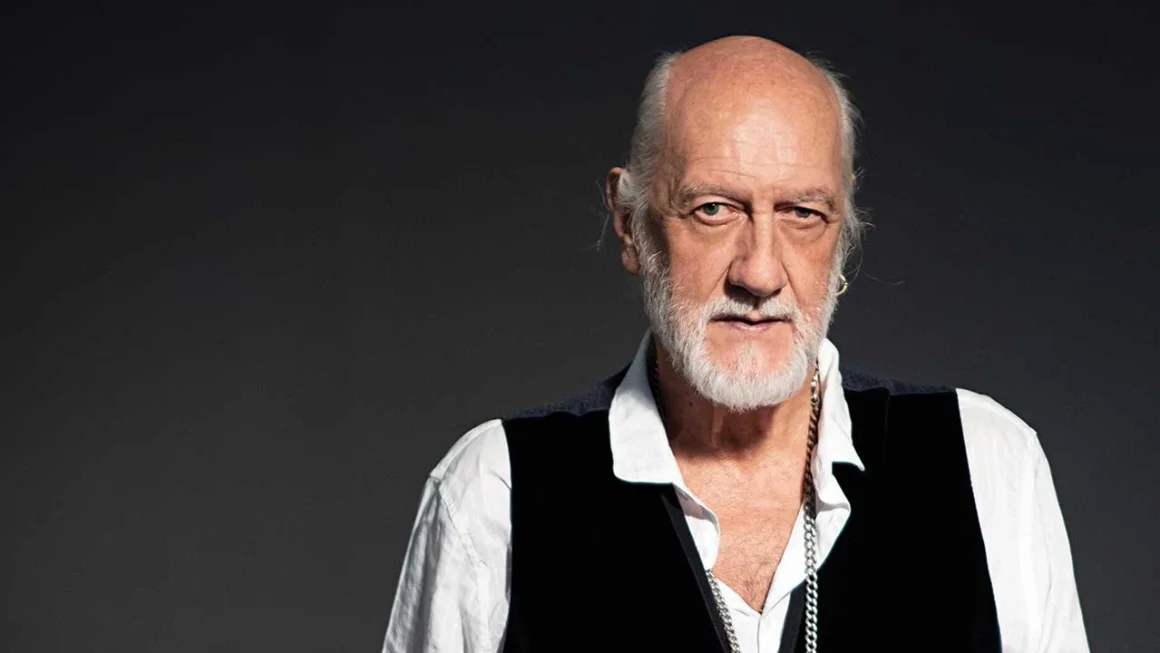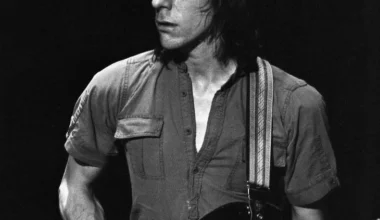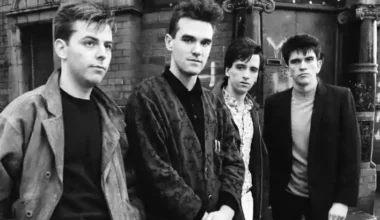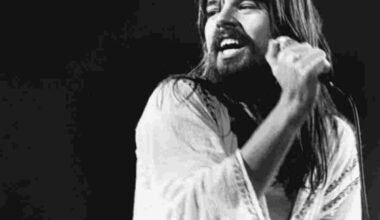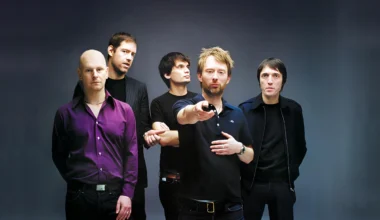When people talk about Fleetwood Mac today, they often jump straight to the blockbuster lineup of the late ’70s—Lindsey Buckingham, Stevie Nicks, John and Christine McVie, and Mick Fleetwood. That era defined their superstardom, but acting like the band only found their creative spark then ignores the deep legacy they built long before Rumours took over the world.
Fleetwood Mac didn’t start as a polished pop-rock band; they were a British blues powerhouse in the late ’60s, crafting tracks like Albatross, Oh Well, and The Green Manalishi. Their sound was raw, electrifying, and driven by some of the best musicians of the era—none more so than Peter Green. But Green wasn’t the only mastermind shaping the band in those formative years.
Danny Kirwan, a gifted young guitarist, joined Fleetwood Mac in 1968 and became an integral part of their evolving sound. Initially, he was just a fan, constantly showing up at their gigs, eager to help. His band, Boilerhouse, even supported Fleetwood Mac at shows, and when Green recognized how seamlessly Kirwan’s playing meshed with his own, he invited him to join. Fleetwood himself was floored, later recalling, “This kid is fucking unbelievable.”
Kirwan’s first major contribution came on Then Play On (1969), an album that marked a dramatic shift towards a more psychedelic and hard rock-influenced sound. Jeremy Spencer was still in the band but played no part in the recordings, leaving Kirwan to take center stage alongside Green. Fleetwood was in awe of how effortlessly Kirwan adapted, recalling, “Peter gave him half the album, just integrated that sensibility, didn’t even think about it. Danny brought an incredible amount of talent into the band.”
Despite his undeniable influence, Kirwan’s contributions often get overlooked in discussions about Fleetwood Mac. Mick Fleetwood remains one of the few voices consistently championing his legacy, calling his playing “pure as snow” and comparing his vibrato to the legendary Django Reinhardt. Yet, for some reason, Kirwan’s role in shaping the band’s evolution remains criminally underappreciated.
As Fleetwood Mac transitioned into the ’70s, Kirwan helped bridge the gap between their blues roots and the more expansive rock sound they’d later perfect. While his tenure was short-lived—leaving in 1972—his impact was immeasurable. He wasn’t just another guitarist passing through; he was a defining force in Fleetwood Mac’s journey, even if history hasn’t given him the credit he deserves.

